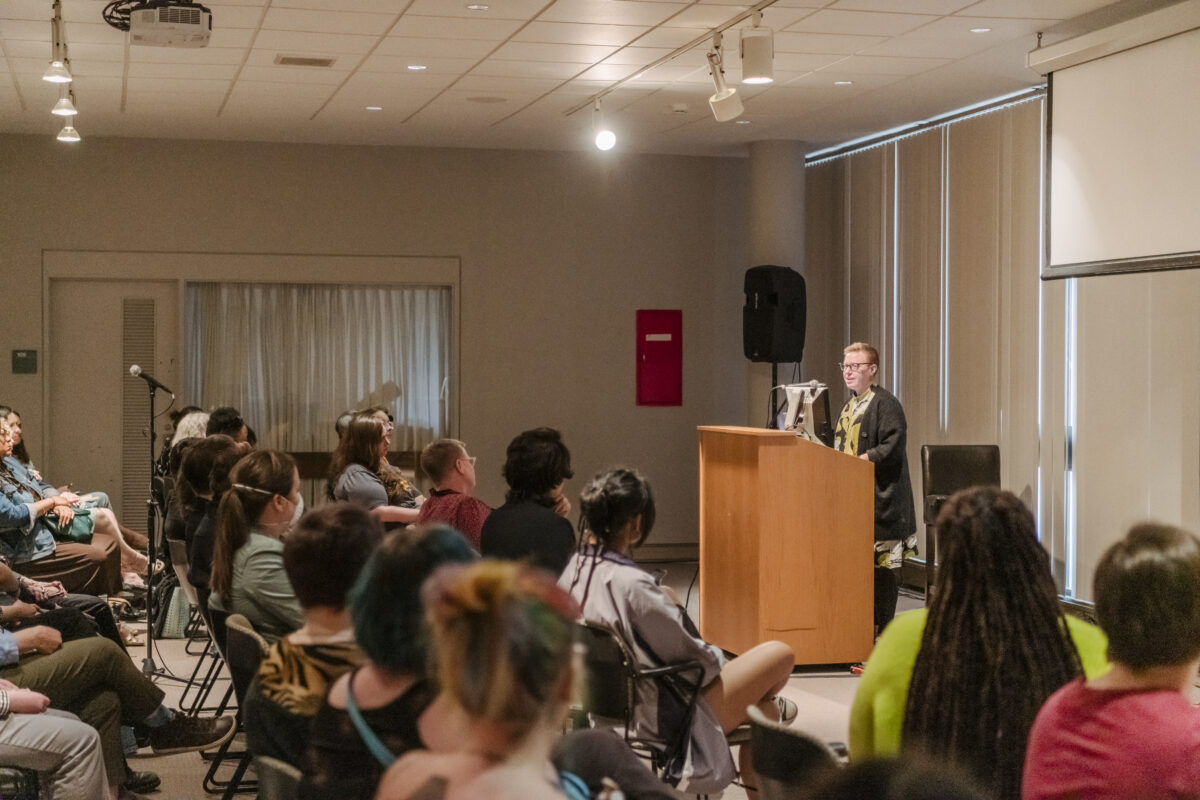Learning from New Zealand Public Policy
On January 18, leaders in public policy from across the U.S. will convene at UMBC for a one-day forum, “What Did We Learn Over There? Public Policy in New Zealand Through American Eyes.” Hosted by the University’s Center for Health Program Development and Management (CHPDM), the event will bring together for the first time individuals who studied in New Zealand as Ian Axford Fellows in Public Policy. The Axford Fellows program was established by the New Zealand Government in partnership with the private sector to give outstanding American professionals opportunities to study, travel and gain practical knowledge of economic, social and political reforms and management of the government sector.
Eight former Ian Axford Fellows will give presentations, and the program will be placed in context with remarks by Robert Reischauer, President of the Urban Institute and former chair of the Ian Axford Fellowships selection committee; Annette Dixon, the World Bank’s Director of Strategy and Operations for Europe and Central Asia Region; and Peter Watson, CEO of the Dwight Group and current chair of the Axford selection committee. UMBC President Freeman Hrabowski and CHPDM Executive Director Chuck Milligan will speak, and faculty and students will also attend.
John O’Brien, CHPDM’s director of acute care policy and an Ian Axford Fellow in 2005, was inspired to bring former Fellows together to foster an ongoing dialogue about policy issues. “My six months in New Zealand allowed me to think broadly about how health care delivery systems work, and to question my own assumptions of how systems can and should work,” he said.
Though dwarfed by the United States in size and population, New Zealand faces many of the same issues that confront this country. Health care, the environment, taxes, ethnic diversity and education are but a few of the topics that past Axford Fellows have investigated. “One of the benefits of studying New Zealand is that the relationships across seemingly disparate topics are more apparent than in a large country like the United States,” said O’Brien. “Discussion among forum participants is likely to generate fresh insights and novel approaches that otherwise might not be considered.”
CHPDM is dedicated to improving the health and social outcomes of vulnerable populations through research, analysis and evaluations on behalf of government agencies and foundations. Formed in 1994 in a unique collaboration with the Maryland Medicaid program, the Center is actively engaged in the academic and research programs at UMBC, and partners with other University centers and departments on research initiatives, forums and symposia related to federal and state health policy. As a member of the University community, the Center offers research and employment opportunities for undergraduate and graduate students, and currently employs eight UMBC alumni.
For more information on CHPDM, visit www.chpdm.org.
(1/10/06)



